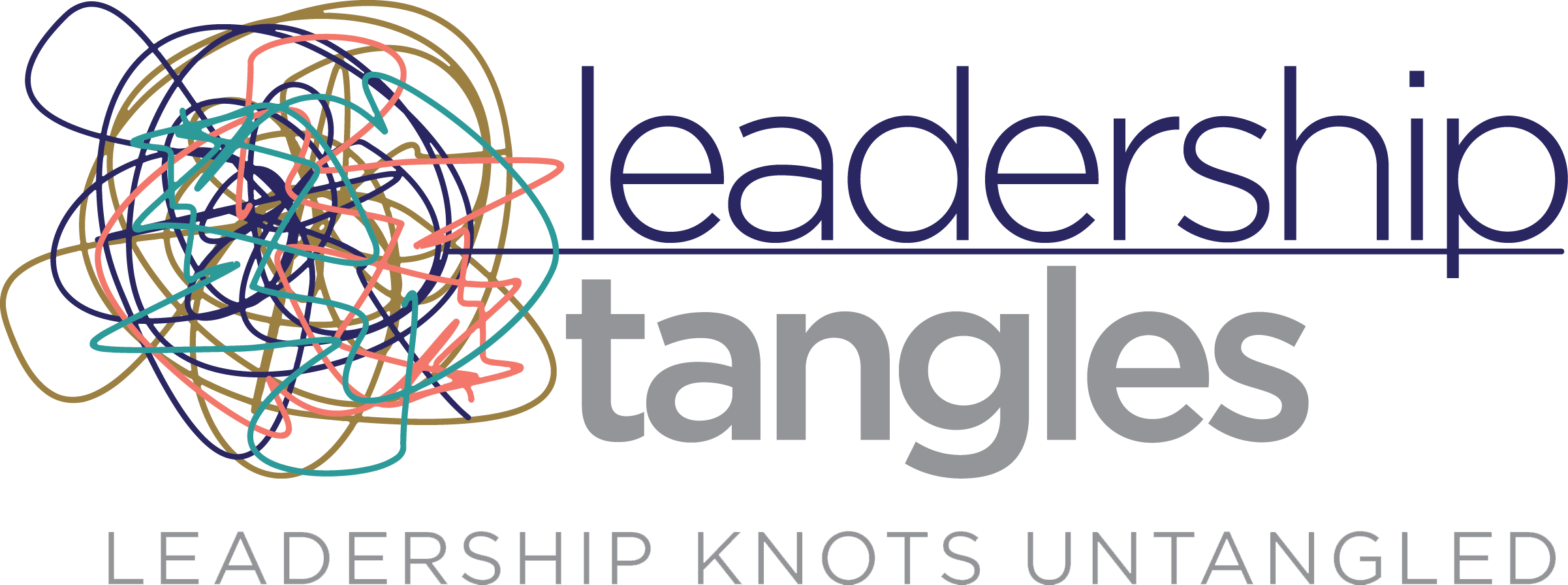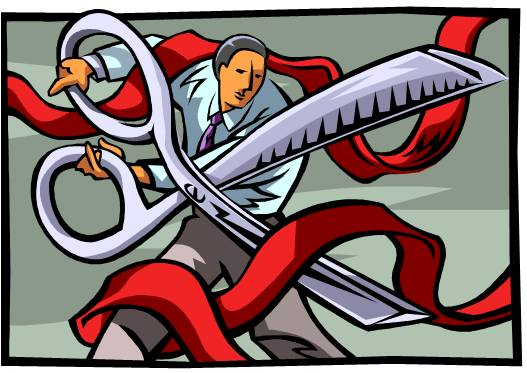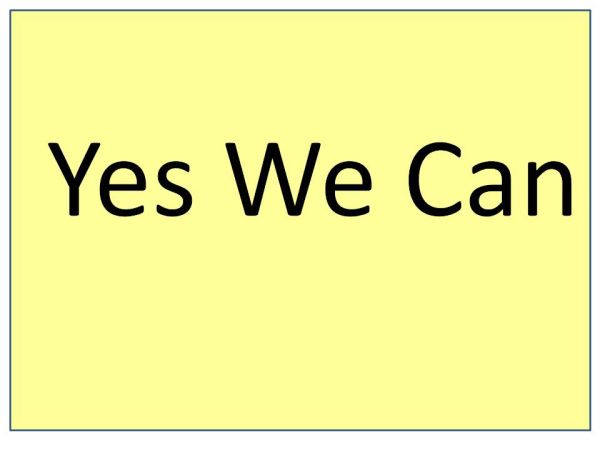 I talked about the volatility, uncertainty, and complexity in previous posts. In this post I discuss ambiguity, the fourth element of VUCA. In my executive coaching practice, I have encountered business leaders who have varying degrees of comfort with ambiguity. When things are ambiguous, they are not clear. Sometimes the situation itself is unclear. Sometimes the problem and/or solution are both unclear. Often, the very business environment itself is ambiguous. When leaders are not clear about what a particular event or situation means, they become frozen and cannot make decisions. For instance, in our current financial environment, we know that the Federal government has released funds to banks. What is unclear right now is how those funds will be disbursed, or if they will be disbursed, the level of risk, and if the stimulus packages will even work.
I talked about the volatility, uncertainty, and complexity in previous posts. In this post I discuss ambiguity, the fourth element of VUCA. In my executive coaching practice, I have encountered business leaders who have varying degrees of comfort with ambiguity. When things are ambiguous, they are not clear. Sometimes the situation itself is unclear. Sometimes the problem and/or solution are both unclear. Often, the very business environment itself is ambiguous. When leaders are not clear about what a particular event or situation means, they become frozen and cannot make decisions. For instance, in our current financial environment, we know that the Federal government has released funds to banks. What is unclear right now is how those funds will be disbursed, or if they will be disbursed, the level of risk, and if the stimulus packages will even work.

Therefore, combined with the level of volatility, the current uncertainty, and level of complexity, the "a" in VUCA adds a dense layer of fog around our ability to think clearly. In particular, the level of ambiguity makes it even more difficult to make decisions. For instance, today's San Francisco Chronicle reported that Cisco's John Chambers announced that Cisco is delaying large capital projects.
Chambers also announced a hiring freeze. Many of the clients who I work with, even with cash in the bank, are reigning in expenses. In the face of VUCA, a natural tendency is to step on the brakes.
This is probably prudent. However, which courageous souls will take prudent risks, not betting more than they can afford to lose, and dare to move forward? These are the ones, I predict, who will best weather this storm. I just heard a report on NPR that true entrepreneurs are just as likely to go out on their own in a down economy, because they tend to believe that their business will thrive.
Even in a non-VUCA environment, most of the problems that more senior managers face are ambiguous. There is no right or wrong answer. Those who crave structure and control have the most challenging time dealing with ambiguity.
A few years ago, I worked with some up and coming leaders in a development program. One of the managers needed to improve his ability to deal with ambiguity. We decided to start small. I asked him if he drove the same way home every day. His answer was "yes." I suggested that he try varying his routes each day. He also had the same meal for breakfast every morning. You guessed it, we agreed that he would also start varying his morning routine. Soon, he noticed that he was more comfortable with ambiguity, and we then concentrated on applying some of his newfound courage in the face of uncertainty to his management of people. He became less afraid of making mistakes and was able to function without absolute structure and control.
When you are in the fog of ambiguity, a leader has to make decisions with less information. It is for this reason that getting input from a variety of key stakeholders, each with a different view of the situation, is most helpful in order to thrive in VUCA.




